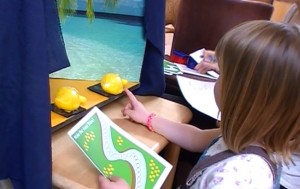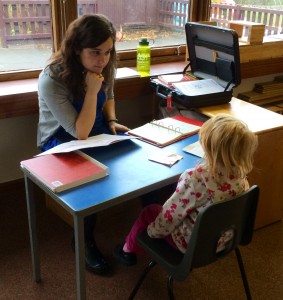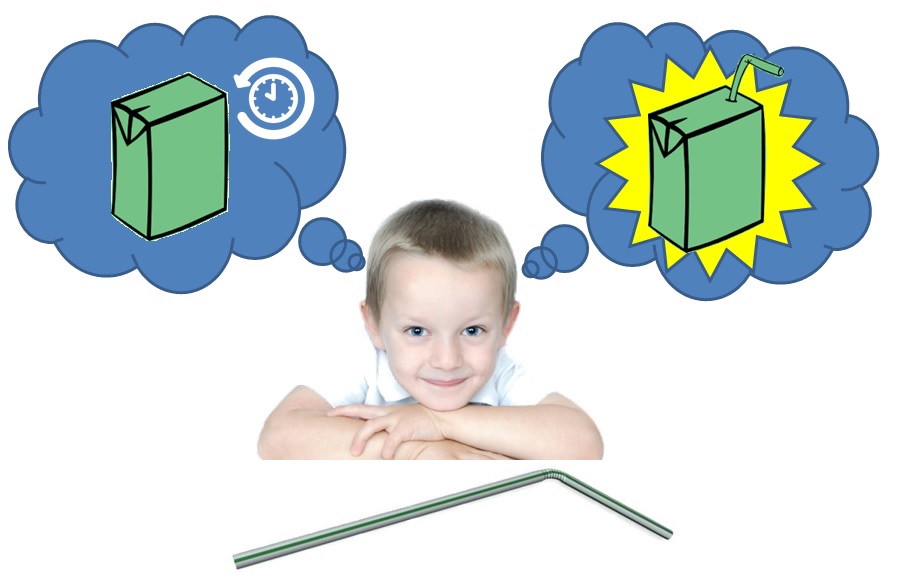Current Developmental Research
*This study is now complete. Watch this space for information about our findings*
The study, which will run in children between the ages of 4 and 7, is investigating how children’s ability to remember events in their lives and think about the future changes as they develop. Many, if not most, of us cannot remember anything before the age of about 4 years. Why is this? Can children this young simply not form rich and complex memories because they are still developing, or are these memories lost as they get older?

Our study uses several fun activities to investigate memory, planning and imagination in primary school children.
Memory Games
In this activity, children are given worksheets to fill in with stickers. The stickers can be found by looking under toys inside the Memory Box. This is a fun game for the children that tells us how they might be integrating multiple pieces of information together, such as location and identity, to form one coherent memory. At the end of each session, children may keep their completed worksheets and are also rewarded with a sticker for participating.
Interviews
In this activity, children are prompted to speak freely about activities they have experienced, or may experience in the future, such as a trip to the zoo. This enables us to see how much detail children include in their descriptions of events, as well as the differences between how they talk about the past and future.
Remembering the Past to Plan for the Future
Our test battery also includes two activities in which children experience a problem that cannot be immediately solved (e.g. a juicebox with no straw*), and are given the opportunity to choose a helpful object (a straw) before returning to the initial problem after a delay of 10 minutes for one task and 24 hours for the other. This shows us how well children of these ages can connect their memory of a prior event with their understanding of how to secure a future reward.
How can my child get involved?
If your child is in P1-3 at Castlehill Primary you should have already received a letter from us. However as we know paperwork so often gets lost, if you’d like your son or daughter to partake please contact Emmie ([email protected]) or Katie ([email protected]) and we will send you the information sheet and consent forms for the study.
If you have any questions, don’t hesitate to ask! Contact Emmie, Katie or Amanda ([email protected]) for further information.
—
*Please note we do not give children any food or drink during the task, this example is purely for illustrative purposes.



